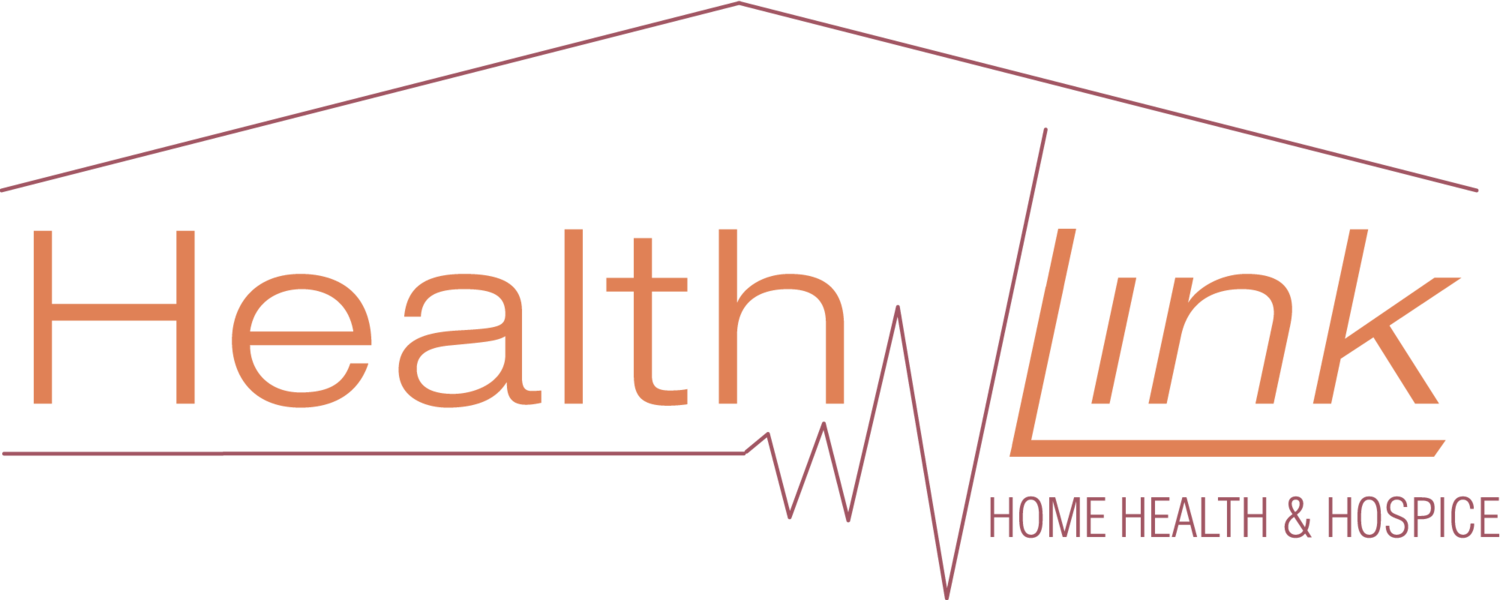Medical Social WORKERS
The Health Link Medical Social Workers team hold graduate degrees in Social Work with extensive medical experience. We strive to enhance and maintain a patient’s psychosocial and physical well-being. More specifically, the team concentrates on health issues such as: providing counseling to patients and their families on in-home health care policies and resources, explaining additional treatment options that may be available and offering guidance on illness and trauma recovery and their mental and physical consequences. Our social workers facilitate communication between patients and their medical team so that patients’ concerns and questions are addressed. The Social Workers act as a crucial part of a patient’s health care team by providing the support and resources a patient needs in order to recover from illness or trauma.
Health Link’s social work services span from hospices, hospitals, private homes and both private and public healthcare institutions. Our goal is for every patient to feel secure and cared for. We regularly travel in the field to monitor patient care. Our Medical Social Workers will visit during inpatient stays as well as at-home post discharge.
What Do Medical Social Workers Do?
Manage the coordination of meals and transportation after a hospitalization or discharge from a care facility to a home or other care facility
Coordinate support groups and guide family members in understanding and supporting the patient
Adapt treatment plans as necessary to adjust to changes in a patient’s status and doctor’s recommendations
Monitor, evaluate and record patient progress according to the treatment described in the Plan of Care
Consult and coordinate with all medical team members
Assess the home environment and make recommendations, as necessary
Track and report treatments and any changes in the medical condition
Collaborate with the primary physician, family members and other medical team members to develop a Plan of Care to assess a patient’s medical or physical condition and their needs
Encourage self-reliance to resolve any crises and guide the patient in achieving independence
Refer and counsel patients and family members in community resources and support groups which help in overcoming dependencies and adjusting to new daily routines

